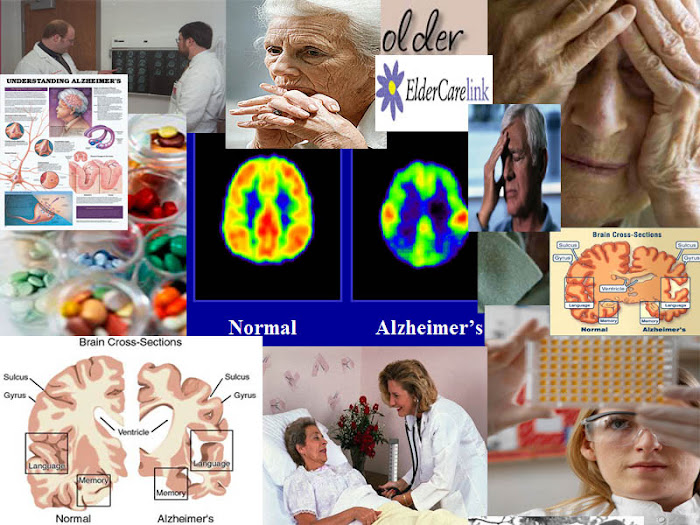Senoir year started this week and everything is running pretty smoothly for me. However, I have been faced with a few hurdles already, one being more major than any other. This year I decided to take on a huge experience by applying to go on a class trip to Costa Rica. After doing so, and getting accepted I am required to take part in a number of preparatory experiences. Sadly one of the most important post trip experiences is scheduled for the exzact day of my actiopn plan event.
Reluctantly, I have decided that this trip to Costa Rica is a once and a life time experience that is worth alot more than one schedule event that will possibly come along again. So i have decided that the best thing for me to do, would be to focus on my internship since i still have a strong connection with alot of the people there.
I hope to base my project on how a senior care facility caters to the caregiving needs required for those who have Alzheimers and various other forms of Dementia. I know this will be alot of work, and im nervous that I may not be able to take the project to the great lengths that I have imagined. This only due to the policies and privacy acts that are enforced within any senior care facitlity.
I must start to recontruct my project all over again, but hopefully it will be easier the third time around.
:D
Subscribe to:
Post Comments (Atom)
Key Terms
- 1. Warning Signs: There are 10 classic warning signs of Alzheimer's disease, which include: memory loss, Difficulty performing familiar tasks, problems with language, disorientation to time and place, poor or decreased judgment, problems with obstract thinking, misplacing things, changes in mood or behavior, changes in personality, and loss of initiative.
- 2. Targeted Victims: Most patients with Alzheimer's disease are over 65 years of age.
- 3. Research: Researchers have learned most of what they know about Alzheimer's disease in the past 15 years. Researchers are looking for new treatments to alter the course of the disease and improve the life of the people with dementia. Healh professionals divide symptoms in "Congative, Behavioral and mental" this will help detemine which treatment is best to use in the different cases.
- 4. Counseling: Caring for the caregiver is an essential element of managing the patient with Alzheimer's disease. Caregiving is a distressing expeirence. On the other hand, caregiver education delays nursing home placement of Alzheimer's disease patients. (The three(3) R's: "Repeat, Reassure, and Redirect.") These can help caregivers reduse troublesome behaviors and limit the use of medications.
- 5. Treatment: There is no cure for Alzheimer's disease but there are drug and non-drug treatments that can help with both "Cognitive" and behavioral symptoms.
- 6. Alzheimer’s Disease: Is a brain disease that destroys brain cells which causes problems with memory, thinking and behavior. It is sever enough to affect work, lifelong hobbies, or social life. It gets worst over time, and is fatal. It is the sixth-leading cause of death in the United States.
Helpful Links
- Alzheimer's Association
- Alzheimer's Disease Research
- Alzheimers association:AD Facts & Figures
- Class Blog Center
- HelpGuide: Caregivers Guide
- HelpGuide: What Care Givers Need
- Knowing The Stages of Alzheimers
- Making the Diagnosis
- Managing Alzheimer's with Combination Care
- MedicineNet: Symptoms,Diagnosis,& Treatment (AD)
- Namenda: AD and Its Effects on The Brain
- Namenda: Symptoms & Stages
- National Institute of Aging
- Stages of Alzheimers
- WebMD
- What is Alzheimers
- wikipedia: AD Caregiving and Dementia
- Wikipedia:AD

I changed my project too, but just I just had to alter some stuff. It wont be that hard or complicated. Just stick to what you want to head for but stay on the project topic... like me!
ReplyDelete=]